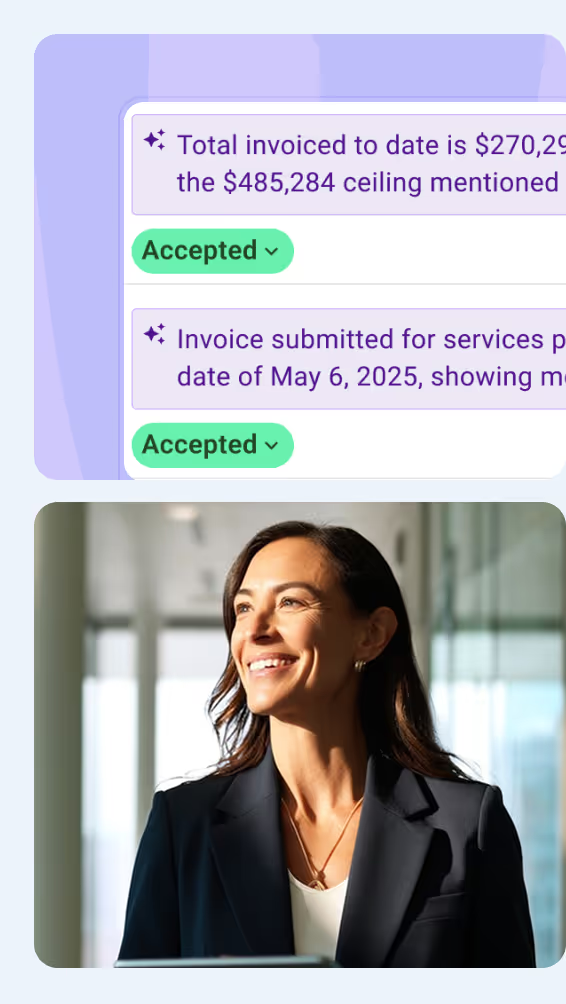Behind our product are our developers, and behind our developers is Dylan Boyd. Enjoy this quick Q&A to understand dylan's role improving the infrastructure that underpins our software Product.
How did you become interested in Software?
I actually wanted to become a mechanical engineer back when I was in my first year of Engineering at university, only to quickly discover that the concepts really did my head in compared to what I was used to. I swiftly switched over to software engineering, something I was far more comfortable with thanks to my dad introducing me to the Microsoft BASIC language when I was (probably) too young to understand it very well at all.

What's your role within the Engineering team?
DevOps, and management/improvement of infrastructure. This includes reducing cost, making our applications more resilient to failures and faster to respond, improving error and performance tracking, and making it easier for developers to do their work.
Describe how DevOps benefits our end users
Features are delivered faster when developers have better tooling and more powerful machines. Modern developer toolkits often include laptops in place of desktops, and machine power is often a trade-off in this equation. Being able to connect these more portable low-power devices to powerful virtual machines to make changes to our software gives them on-demand, unobstructed access to better tooling to deliver work at speed.
So it's a vital behind-the-scenes technology?
Yes. Our developers submitting their changes to our software for testing and verification see the value of these DevOps changes, without a doubt. Just yesterday, I made a change to our continuous integration (CI) process which reduced testing time by up to 67%, giving developers the confidence to make changes and know that they’ll get accurate feedback faster than before.
Describe your input to our efforts to improve the product
I tend to have less involvement with non-technical teams such as sales and marketing, but strong involvement with product and administration. My job doesn’t involve distilling or eliciting work from business requirements, so any planning I do to improve our systems is more about helping developers be as efficient and empowered as possible, and standing up infrastructure around the world to best support customers who use our software.
What's your process to get stuff done?
The role I assume in my team is somewhat unique. I have my own department in the sense that I don’t contribute directly to application code, but instead I manage and improve the DevOps process that supports those developers. Because of this, I operate at a different cadence to the work assigned within that team. However, it’s still beneficial for my work to be listed on the same board they operate with, as it keeps me accountable to keep my tasks organised, and gives my team the opportunity to request my time for anything related to DevOps or system administration.

What's the main project you’re working on today?
Auditing cybersecurity controls implemented across our infrastructure to continuously be up to date with the changing threats and tooling. Customers are reassured (and often required) to have anyone working with their data be compliant to a wide variety of security standards, and part of my job is making sure our software and systems abide by the rules defined by those standards.
And a recent you made recently that makes you proud?
Moving our developer workflow towards a more streamlined and modern approach using Docker, which feeds well into our new Kubernetes clusters that make it easier to host more resilient and advanced applications for our customers. Notably, this allows our development teams to use dedicated virtual machines hosted in the cloud to do their work, rather than depend on the performance and reliability of their personal/physical machines.

Where will you most likely be when you're not coding?
You'd probably see me out for a run, either super early in the morning or super late in the evening. If I’m inside, I might be mixing music on my DJ board, listening to music, reading a book, or partaking in a little bit of driving on my racing sim wheel.










